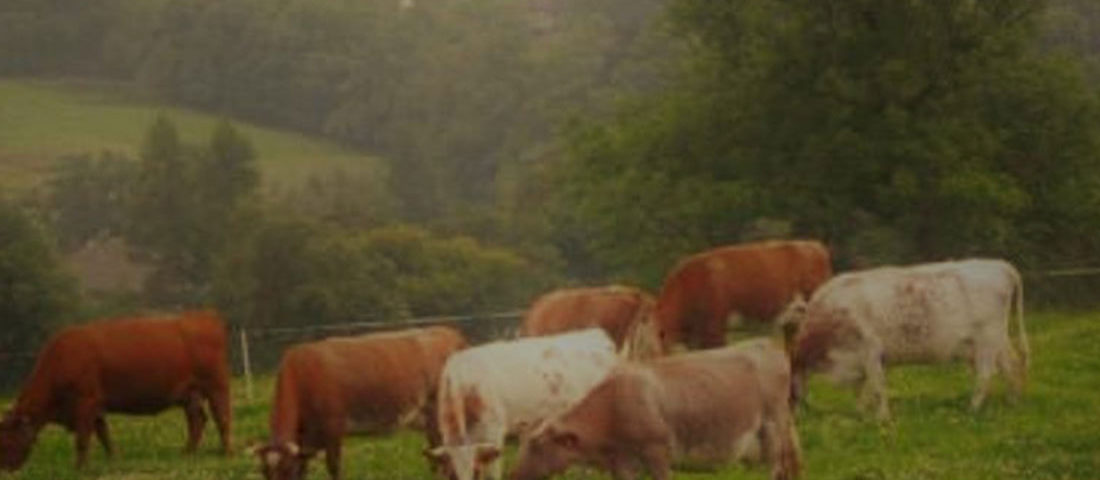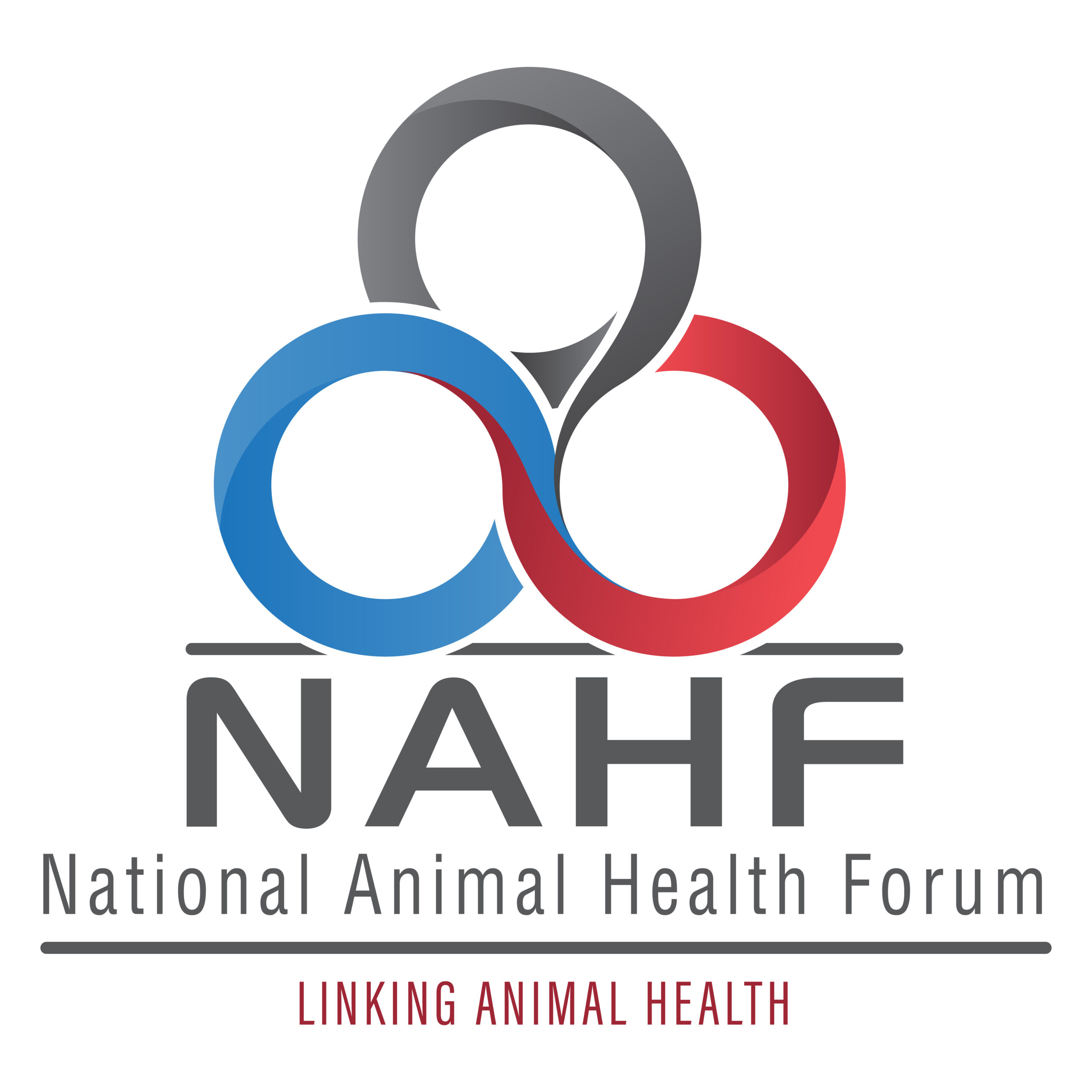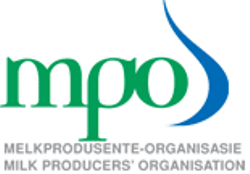
Brucellosis is not a simple disease and can destroy the productivity of your herd. Here are one dozen things that you must to know about this disease.
- Brucellosis is a Controlled Animal Disease in terms of the Animal Diseases Act, and there is no treatment to cure it in cattle.
- It is a herd disease. Thus, if one animal in the herd is infected the whole herd must be considered as potentially infected.
- It is compulsory by law to vaccinate all heifers against brucellosis with a registered vaccine. The available vaccines are S19 (OBP) or RB51 (MSD), see table 2 of the Animal Diseases Regulations. Vaccination helps protect your herd from disease, reduces the spread of the disease and decreases the number of abortions.
- The S19 vaccine may only be administered once in heifer calves between 4 and8 months of age. If S19 is used at an older age the animal may persistently test positive on blood tests, causing confusion about the animals disease status. The RB51 vaccine may be administered to non-pregnant heifers and cows at any age as it will not cause positive blood test results. Do not vaccinate bulls with S19 or RB51 as they may become sterile.
- Pregnant heifers and cows infected with brucellosis may abort, resulting in reduced production in terms of calves weaned, milk yield, prolonged inter-calving intervals.
- Cows and heifers infected with brucellosis often look healthy, which is misleading! If these animals remain in the herd, they continue to silently spread the infection which will cause severe economic and production losses.
- The most important mode of transmission is when an infected animal calves normally or has an abortion, as this process releases millions of bacteria into the environment that can easily infect other cattle.
- Heifers that were born from infected cows often test negative before they have calved and only test positive after their first calf is born. Newly bought-in heifers pose a high risk and should ideally be kept separate from the rest of the herd until they have calved and have tested brucellosis negative.
- People can become infected with brucellosis by drinking unpasteurised milk, slaughtering an infected cow and handling infected birth material and aborted foetuses (calves). Human symptoms are flu-like with fever, headache and body aches. If a diagnosis is not made and appropriate treatment taken, it can become a chronic illness that continuously relapses. Meat from infected animals slaughtered at certified abattoirs is safe for human consumption.
- Brucella bacteria can also be spread through run-off water from infected neighbouring farms. Predators such as roaming dogs, jackals and crows may carry infected material (aborted foetus and afterbirths) between farms. Flies that feed on infected material may spread the bacteria mechanically when sitting on the mucous membranes of animals.
- Owners are responsible for the health of their animals and may be prosecuted under the Animal Diseases Act and the Consumer Protection Act if they propagate the spreading of brucellosis.
- The only person who can protect your cattle herd against brucellosis is YOU! When you are buying cattle, insist on vaccination records and recent negative herd tests of the farm of origin. The seller must be able to declare that the cattle are vaccinated and the herd of origin tested negative for brucellosis. The seller should be able to provide proof of regular negative herd tests results. It is always advisable to isolate any cattle bought into the herd for biosecurity reasons; to test for different diseases, to get vaccinations up to date and to treat against internal and external parasites.
For further information, please contact your state or private veterinarian.
To combat brucellosis
Published on Sunday, 13th August 2017 - 19:35
Recent Posts
disclaimer










